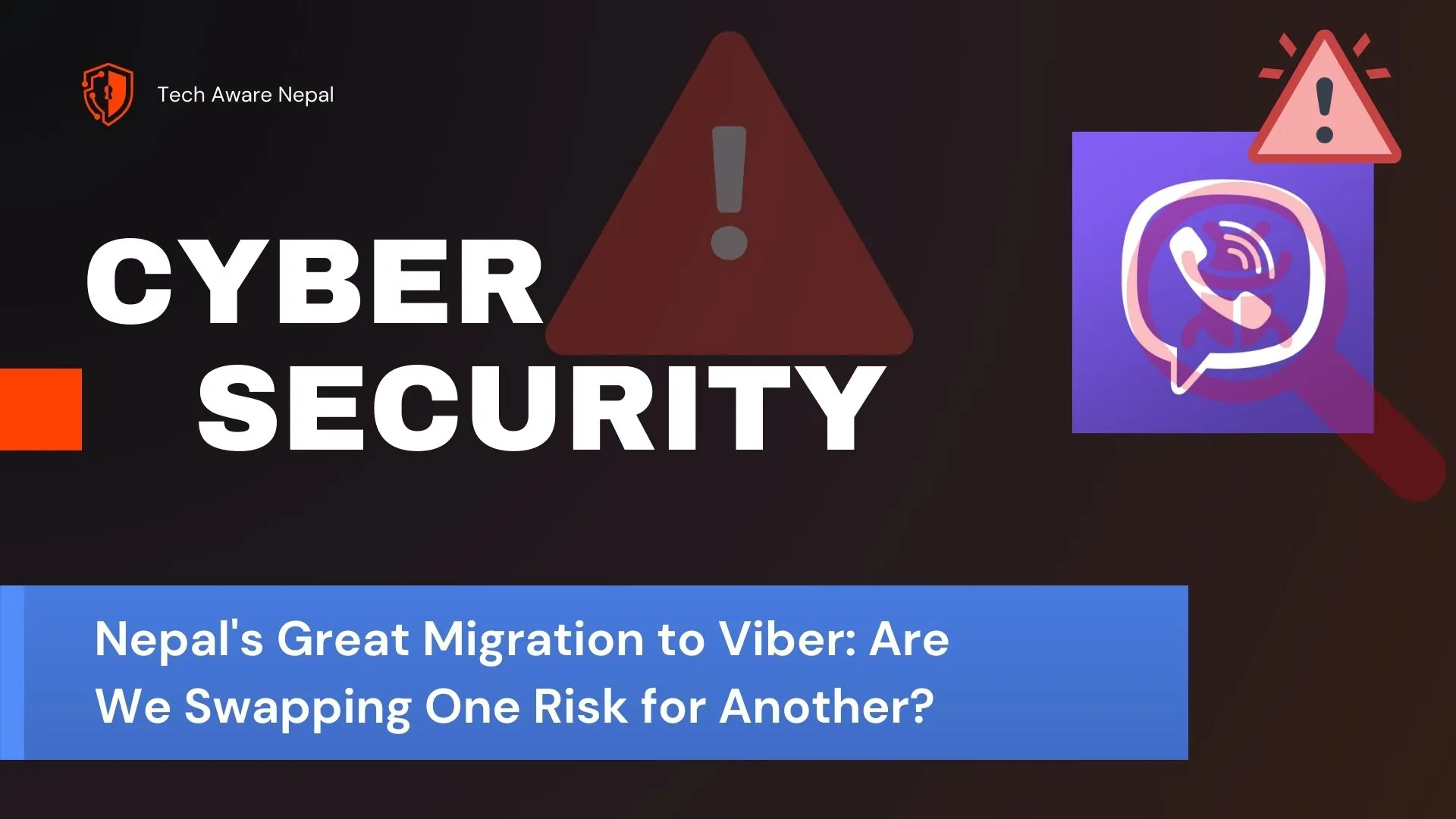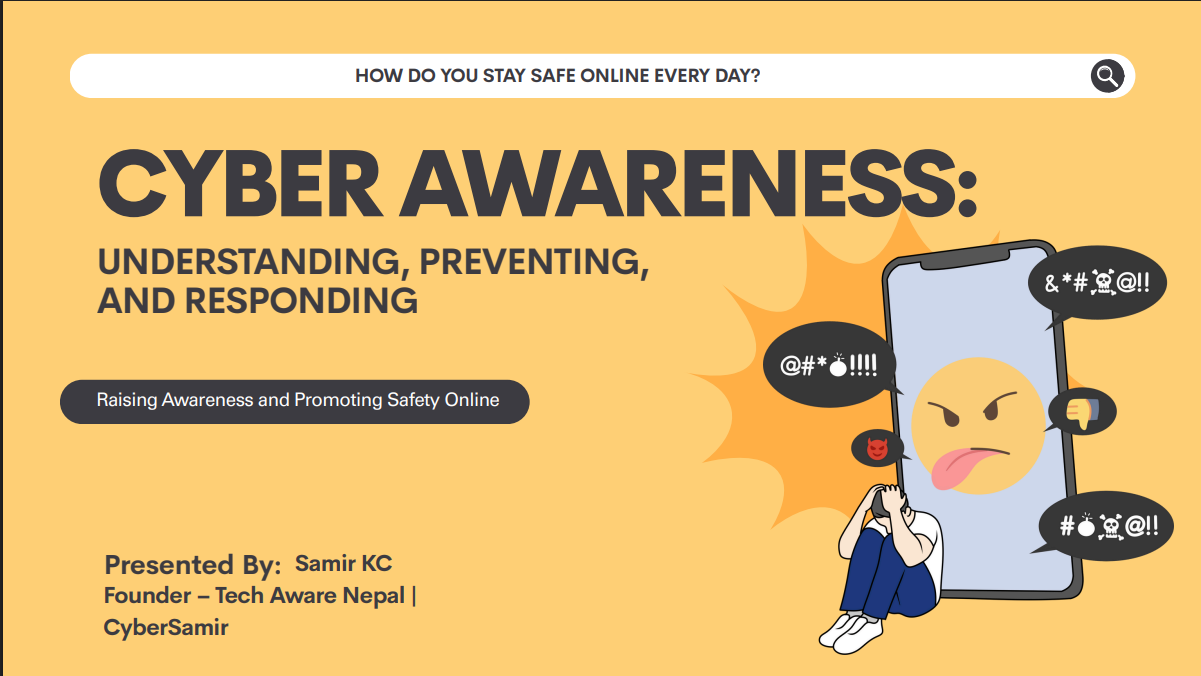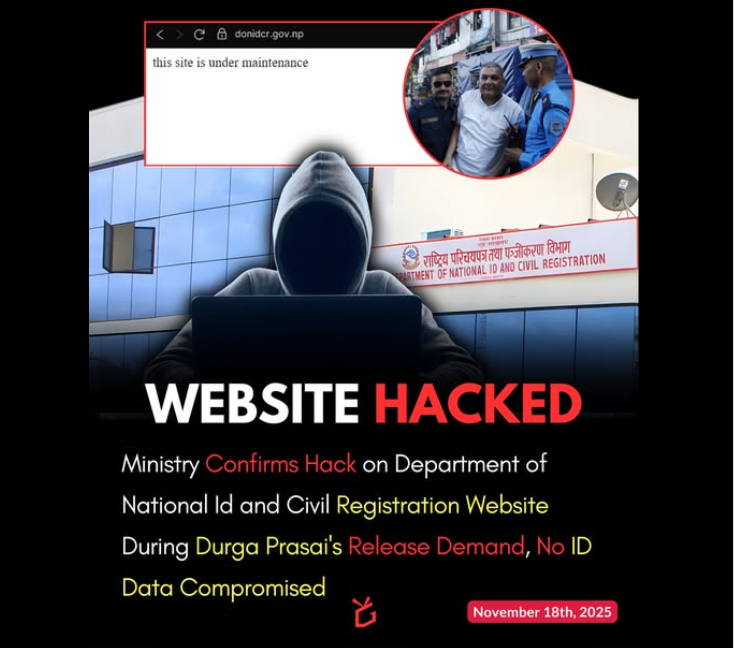
Nepal migration to Viber 2025
Nepal’s Great Migration to Viber: Are We Swapping One Risk for Another?
Butwal, Nepal – In the wake of the government’s sweeping ban on major social media platforms, Nepal has undergone a forced and frantic digital migration. The new king of communication, by default, is Viber. It’s the app our parents use, the one pre-installed on many phones, and now, the primary channel for everything from personal chats to business. But as a nation collectively logs in, a critical question is being ignored: Are we blindly trusting a platform with a deeply checkered security history?
While Viber is currently the most viable option for millions, a look at its past and present reveals that our newfound reliance on the platform may be dangerously complacent. It is not inherently unsafe, but it is a minefield for the unprepared.
A History of Cracks in the Armor
Before Viber implemented its now-standard end-to-end encryption (E2EE) in 2016, its security was alarmingly weak. A 2014 investigation by the University of New Haven found that images, videos, and location data were being sent completely unencrypted, making them easy targets for interception. While this specific flaw was fixed, it highlights a foundational attitude that didn’t prioritize security from day one.
This wasn’t an isolated incident. In 2013, the Syrian Electronic Army successfully hacked and defaced Viber’s support website, and just last year, a hacking group claimed to have stolen 740GB of data, including source code. While Viber strongly denied the 2024 breach, the repeated targeting of the platform is a significant red flag.
The Real Threat Today: You Are the Target
While server-side breaches are a concern, the most immediate danger for the average Nepali user isn’t a sophisticated state-level attack it’s scams and account takeovers.
Earlier this year, Russia experienced a massive wave of fraud on Viber, with scammers spoofing calls from banks and other institutions, leading to an estimated 5 billion rubles in damages. This is a playbook that criminals will undoubtedly try to replicate in Nepal, targeting a fresh, concentrated, and potentially less-technical user base.
User reports on platforms like Reddit already paint a worrying picture:
- Account Hijacking: Users report their accounts being mysteriously logged into from other countries.
- Malicious Links: A common tactic where a single click on a link sent by a compromised contact can lead to a full account takeover.
- Malware Flags: The Viber desktop client has been repeatedly flagged by Windows Defender as a “Potentially Unwanted App (PUA)” or even a trojan, raising concerns about the app’s installer.
The Verdict: Trust, But Verify. Aggressively.
With our digital lives now funneling through a single app, we cannot afford to be passive. Viber’s E2EE is a crucial layer of protection for the content of our messages, but it does nothing to protect you if your entire account is compromised.
Every Nepali user migrating to Viber should treat it not as a safe haven, but as a new territory that requires active defense.
Essential Viber Security Checklist for Nepal:
- Enable Two-Step Verification (2SV) NOW: This is not optional. It’s the single most effective defense against account hijacking. Go to
More > Settings > Privacy > Two-Step Verification. - NEVER Share Activation Codes: Viber will never ask for your code. Anyone who does is trying to scam you.
- Treat All Links as Suspicious: Scammers will use a friend’s compromised account to send you malicious links. If a message seems unusual, verify with your friend through another method (like a phone call).
- Review Active Sessions: Regularly check which devices are logged into your account. Go to
More > Settings > Account > Desktop and Tabletsto see all active sessions and deactivate any you don’t recognize. - Use Official Installers: If using the desktop app, download it only from the official Viber website to avoid tampered versions.
The social media ban has pushed us into a corner, but in the rush for a solution, let’s not sacrifice our digital security. Stay vigilant.





